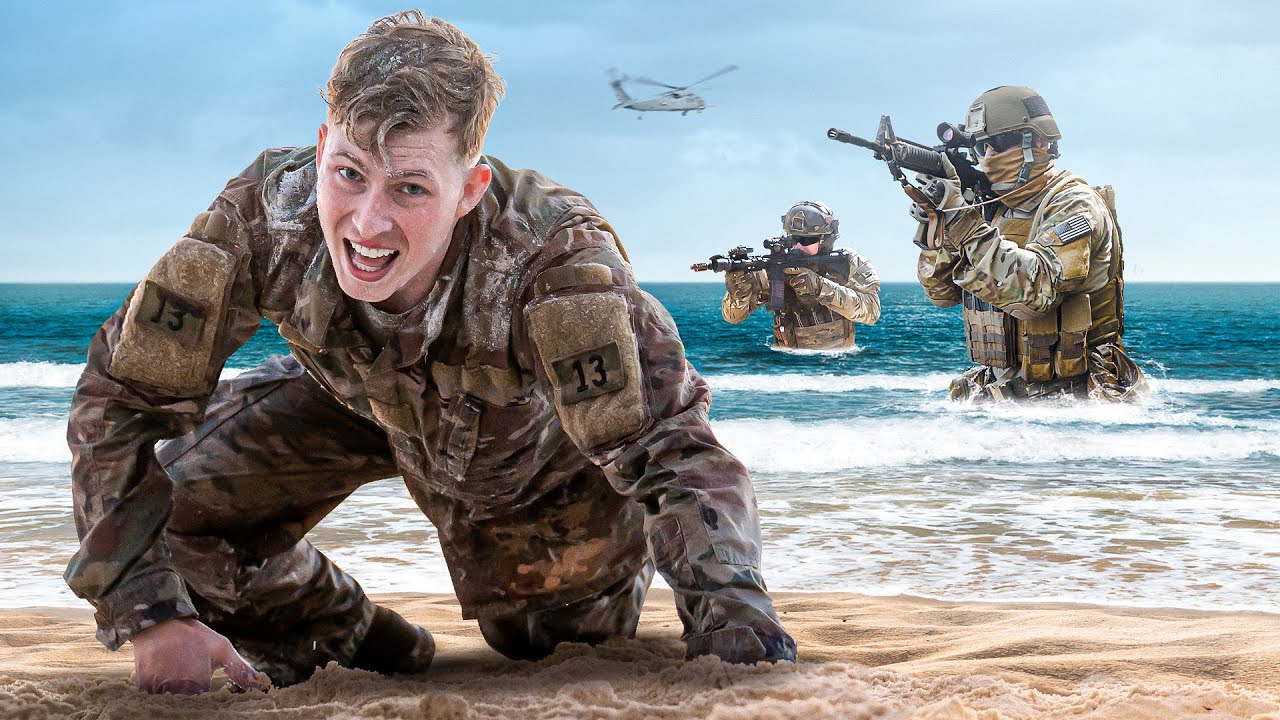How Do You Handle Conflict?
Summary
TLDR面试中,处理冲突的能力是雇主非常看重的一项技能。Amri Celeste,一位面试教练和人力资源招聘专家,在视频中提供了一个强有力的回答示例,帮助求职者展示他们解决工作中冲突的能力。Celeste强调,开放和诚实的沟通是解决大多数冲突的关键,并建议通过一对一的对话来理解对方的视角,并寻找双方都能接受的解决方案。视频中还介绍了STAR方法(Situation, Task, Action, Result)来构建回答,使回答更具故事性和说服力。此外,Celeste还提供了一些面试资源,包括面试问题和答案的免费指南,以及面试掌握计划,帮助求职者在面试中更自信、更有效地展示自己。
Takeaways
- 📚 **面试中的冲突处理问题**:面试官经常会问到如何处理工作中的冲突,这可以展示你的沟通能力和解决问题的技巧。
- 🗣️ **行为面试问题**:这类问题关注的是你的行为和性格,比如你如何与他人合作,你的目标和抱负,以及你如何处理失败或困难。
- 👥 **团队工作的重要性**:面试官可能通过这个问题了解你是否能够适应团队工作,或者在与不同个性的人打交道时是否能够妥善处理冲突。
- 🚫 **避免模糊和笼统的回答**:在回答如何处理冲突的问题时,应避免过于模糊或笼统的回答,而是要提供具体的解决策略和例子。
- 🙅♂️ **不要否认冲突的存在**:承认工作中冲突是不可避免的,并展示你如何处理它,而不是声称自己从不遇到冲突。
- 💬 **沟通是关键**:强调开放和诚实的沟通是解决大多数冲突的关键,这显示了你的沟通能力和冲突解决技巧。
- 🤝 **寻找共同点**:在冲突中寻找双方都能接受的妥协方案,即使这可能意味着需要放弃一些个人偏好。
- 📅 **安排一对一的讨论**:设定专门的时间与对方进行一对一的沟通,这有助于解决冲突并找到解决方案。
- 👂 **积极倾听**:在沟通过程中,要积极倾听对方的观点,即使不同意,也要保持尊重。
- 📈 **使用STAR方法**:通过情境(Situation)、任务(Task)、行动(Action)、结果(Result)的结构化方式来构建你的回答,使回答条理清晰、易于理解。
- 📋 **准备具体例子**:准备一个具体的工作场景例子,展示你如何在实际情况中处理冲突,这可以给面试官提供关于你能力的实质性证据。
Q & A
为什么在面试中会被问到如何处理工作中的冲突?
-面试官询问如何处理工作中的冲突,是因为他们想要了解应聘者的行为方式,包括如何与他人合作、处理困难情况、以及在面对冲突时的态度和解决策略。这有助于面试官评估应聘者的性格特点和团队合作能力。
什么是行为面试问题?
-行为面试问题是一种询问应聘者过去行为的问题,这些问题旨在通过应聘者过去的行为来预测其未来的行为表现。这类问题更关注应聘者的性格、如何与他人合作、面对失败或困难时的反应等。
在回答如何处理冲突的问题时,为什么需要避免给出模糊或笼统的答案?
-模糊或笼统的答案无法给面试官提供具体的冲突解决技能的证据。例如,仅说“我总是尽量保持尊重并寻求妥协”并不具体,无法展示应聘者在实际情况中如何处理冲突。
为什么说“我不涉及冲突”是面试中的一个常见错误?
-因为工作中的冲突是不可避免的,即使冲突不是由应聘者引起的,面试官仍希望看到应聘者能够展示出处理冲突的能力。声称自己不涉及冲突可能会给人一种不真实或回避问题的印象。
STAR方法是什么,它如何帮助结构化面试回答?
-STAR方法是一种用于结构化面试回答的技巧,STAR分别代表情境(Situation)、任务(Task)、行动(Action)和结果(Result)。这种方法可以帮助应聘者以故事的形式组织和表达自己的经历,使回答更加清晰、有逻辑,并且容易被记住。
在面试中,如何使用STAR方法来构建一个关于处理冲突的例子?
-首先描述情境,即发生冲突的背景;然后说明任务,即需要解决的问题或目标;接着阐述采取的行动,包括沟通方式和解决策略;最后讲述结果,即冲突是如何解决的,以及从中学到的经验和教训。
在面试中,为什么实际的冲突解决例子比理论更重要?
-实际例子能够让面试官更深入地了解应聘者在真实情况下如何处理冲突,而不仅仅是理论上的解决方法。这有助于面试官评估应聘者的实际能力和适应性。
在面试中,如何展示自己的沟通风格是响应式的?
-可以通过描述一个具体的工作场景,强调自己在项目中如何快速、定期并积极地回应更新和变化,从而展示出自己的沟通风格是响应式的。
在面试中,如何处理与沟通风格不同的同事之间的冲突?
-可以通过安排一对一的会谈,了解对方的观点和担忧,并寻找双方都能接受的解决方案。同时,保持开放的态度,尊重对方的观点,即使不完全同意。
面试中提到的面试掌握计划是什么,它如何帮助应聘者?
-面试掌握计划是一种旨在帮助应聘者提高面试技巧的培训项目。它包括如何更好地自我推销、在面试中保持自信、处理大脑冻结以及克服面试中的紧张和焦虑等内容。
如何获取面试中提到的免费面试问题和答案指南?
-可以在视频描述中找到链接,免费获取这份包含20个顶级面试问题和答案的指南,以帮助应聘者更好地准备面试。
Outlines

This section is available to paid users only. Please upgrade to access this part.
Upgrade NowMindmap

This section is available to paid users only. Please upgrade to access this part.
Upgrade NowKeywords

This section is available to paid users only. Please upgrade to access this part.
Upgrade NowHighlights

This section is available to paid users only. Please upgrade to access this part.
Upgrade NowTranscripts

This section is available to paid users only. Please upgrade to access this part.
Upgrade NowBrowse More Related Video

How to Answer iOS Interview Questions Like a Pro 👩🏽💻👨🏻💻 (free training course)

Live demo of GPT-4o's vision capabilities

Seeking Out Disagreement, Buster Benson

Google Antigravity: From Beginner to Expert in 14 Minutes

Surviving A Week In Air Force Special Operations

【人工智能】吴恩达Andrew Ng与Ark Invest八月最新访谈 | 看好Agentic Workflow | AI发展远没到瓶颈 | 训练和推理成本将大幅下降 | 开源比闭源优势更大
5.0 / 5 (0 votes)
